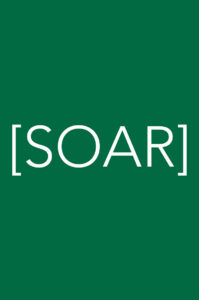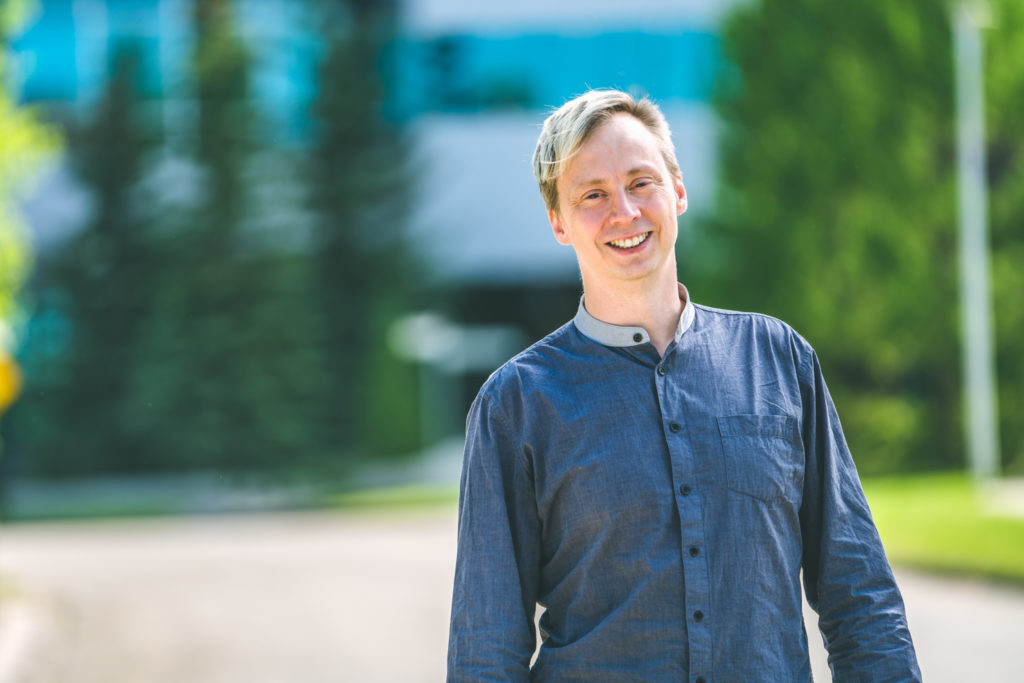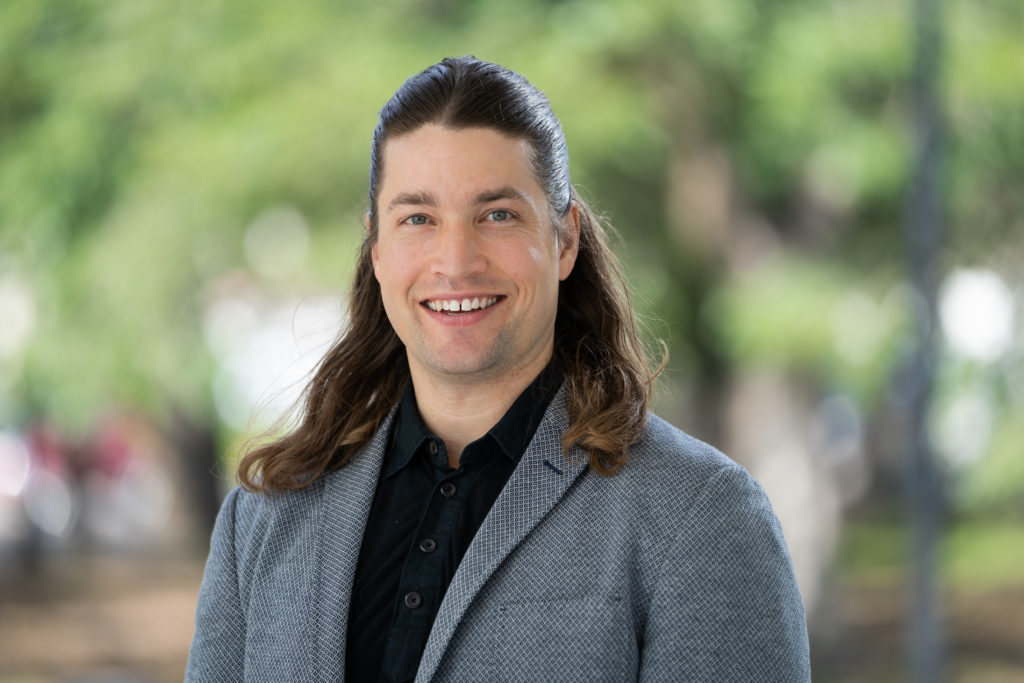
Symposium – June 1, 2022
Annual student-collaborator symposium
This event will be jointly held in Zoom and Gather Town
Check the schedule below for reference
Schedule
[In Zoom at: https://usask-ca.zoom.us/j/98106429063?pwd=ak5pLzloenBhVGJZOFRUbTZNdDlUdz09]
9:00am – 9:15am
Opening
9:15am – 10:15am
Keynote 1
Dr. Aaron Genest, Senior Applications Engineering Manager & Government Affairs, Siemens Digital Industries Software, Siemens EDA
10:15am – 10:30am
Break
10:30am – 12:00pm
Session 1 – Presentation
10:30am – Saikat Mondal, Automatic Prediction of Rejected Edits in Stack Overflow
10:45am – Alexandru Lanta, Semantic Methods in Question Answering
11:00am – Jarin Tasnim, Detecting and visualizing quality aspects in backporting pull requests
11:15am – Sristy Sumana Nath, A Human-centric and AI-based Approach for Generating Release Notes Automatically
11:30am – Animesh Kar, HTTPFuzz: Web Server Fingerprinting with HTTP Request Fuzzing
11:45am – Md Shamimur Rahman, Code Reviewer Recommendation in Practice. An Approach to Visualize Developers’ Collaboration, Expertise and Workload
12:00pm – 1:00pm
Lunch break/Unattended poster session
[Find the posters in Gather Town at: https://app.gather.town/app/uhnZkTMiltj4XTMv/SOAR%20Conference]
1:00pm – 2:00pm
[In Zoom at: https://usask-ca.zoom.us/j/98106429063?pwd=ak5pLzloenBhVGJZOFRUbTZNdDlUdz09]
Keynote 2
Dale Hopkins, CTO at Vendasta Technologies Inc.
2:00pm – 2:10pm
Break
2:10pm – 2:40pm
Session 2 – Presentation
2:10am – Shamima Yeasmi, Improving IR-based Bug Localization with Implicit Relevance and Non-traditional Resources: A Case Study
2:25am – Khairul Alam, Can Scientific Workflows published in Scientific Workflow Repositories be Reused?
2:40pm – 4:00pm
[In Gather Town at: https://app.gather.town/app/uhnZkTMiltj4XTMv/SOAR%20Conference]
Poster session
4:00pm – 4:30pm
[In Zoom at: https://usask-ca.zoom.us/j/98106429063?pwd=ak5pLzloenBhVGJZOFRUbTZNdDlUdz09]
Closing/awards
Keynote Speakers

Dr. Aaron Genest
Senior Applications Engineer Manager at Siemens Software
Dr. Aaron Genest holds a B.Sc. and Ph.D. in Computer Science from the University of Saskatchewan. He works for Siemens Software in Saskatoon where, among other roles, he represents Siemens as President of SaskTech, an industry advisory organization to government and education stakeholders. Dr. Genest is deeply involved in the University of Saskatchewan, sitting on the Dean’s Advisory Committee in Engineering, as an appointee to the Intellectual Property Working Group to the OVPR, and as a member of the Signature Areas Steering Committee. He works closely with the U of R and Sask Polytechnic in addition to various government ministries in Saskatchewan and federally.
Dr. Genest is a committed member of the larger technology community serving as a mentor for the co.labs and Cultivator technology incubators and as Executive in Residence for Foresight Cleantech Accelerator. In these roles he helps leaders of start-ups and early stage companies navigate technical, governance, talent acquisition, and sales challenges. He continues that mentorship in his involvement with USask’s SIGMA entrepreneurship program and as a mentor through the USask Connects graduate mentorship program.
Title: Advocating for Education; a study in mismatched policies
Investment in education remains elusive across Canada as governments move to address presumably higher-priority issues such as health care or economic robustness. Yet the basis of our economic growth requires long term and strong investments across our entire education system, from kindergarten to graduate school. There’s moral, economic, and scientific alignment on the need for a strong education system, so why are we seemingly unable to invest effectively to achieve shared outcomes?

Dale Hopkins
Chief Technology Officer, Vendasta
Dale Hopkins is Vendasta’s Chief Technology Officer, reporting to CEO, Brendan King. Over the past 10+ years Dale has been responsible for guiding the processes, technologies, and tools that make up the Vendasta ecosystem. Through his leadership, Vendasta has scaled to over 20 agile software teams with over 100 developers supporting millions of users in the platform. Prior to Vendasta, Dale founded a software consulting company that specialized in digital video diagnostics and processing. Customers included Time Warner Cable and his previous employer Vecima Networks. Dale earned a bachelor degree in Engineering Physics from the University of Saskatchewan in 2005 with a dual degree in Computer Science.

Title: Evolution of Software Development Practices over the past two decades
Dale graduated from the UofS in 2005 after completing an internship at IBM in 2003. He lead a team of FPGA developers at Vecima Networks, started a consulting company and now is the CTO at Vendasta. Many things have changed and some have disappeared or fallen out of favour but there are a number of key practices that have stood the test of time and some that have become even more important. Dale will share his experiences and his thoughts on which practices have held up.
Each year we will host a SOAR Symposium where trainees will present their work along with future research interests, and collaborators and industrial partners will present real world challenges. The co-applicants, students, collaborators, and partners will not only interact on the future research challenges, but they will do so while focusing on industrial needs. There will also be an open discussion session where everybody can participate in framing research challenges with an academic/industry lead.
PRESENTATIONS
| Authors | Title |
| Saikat Mondal | Automatic Prediction of Rejected Edits in Stack Overflow |
| Foozhan Ataiefard and Hadi Hemmati | Adversarial Robustness Testing of Deep Reinforcement Learning Softwares |
| Alexandru Ianta and Eleni Stroulia | Semantic Methods in Question Answering |
| Muhammad Mainul Hossain | Towards a Human-Centric Graphical Environment for Scientific Workflow Management System |
| Debasish Chakroborti | Identifying and Integrating Changesets in Backporting |
| Jarin Tasnim | Detecting and visualizing quality aspects in backporting pull requests |
| Sristy Sumana Nath | A Human-centric and AI-based Approach for Generating Release Notes Automatically |
| Subroto Nag Pinku | Graph Neural Network for Semantic Clone Detection through Graph Representation of Source Code |
| Amit Kumar Mondal | DDARTS: A Tool for Descriptive Design Change Artifacts Generation |
| Md Nadim | Utilizing Source Code Statement Structures to Identify and Visualize Bug Proneness of Software Systems |
| Sahrima Jannat Oishwee, Zadia Codabux and Natalia Stakhanova | An Empirical Study on the Relationship Between Code Smells and Vulnerabilities |
| Saumendu Roy | Why don’t you agree? Characterizing the Disagreements Between Post-hoc Explanations of Defect Predictions |
| Md Shamimur Rahman | Code Reviewer Recommendation in Practice. An Approach to Visualize Developers’ Collaboration, Expertise and Workload |
| Shamima Yeasmin | Improving IR-based Bug Localization with Implicit Relevance and Non-traditional Resources: A Case Study |
| Khairul Alam, Banani Roy and Alexander Serebrenik | Can Scientific Workflows published in Scientific Workflow Repositories be Reused? |
| Md Abdul Awal | CloneExplainer: Explaining the Prediction of Machine Learning/Deep Learning-based Code Clone Detectors |
| Mohammadamin Abedi | Improving Performance of DNN-based Software Services using Automated Layer Caching |
| Ahmad Hajimohammadkhani and Hadi Hemmati | Explaining Transformers-based models for generation-based tasks using the Attention Mechanism |
Organizer Committee
Eleni Stroulia
General Chair
Zadia Codabux and Natalia Stakhanova
Program Co-Chairs
Eleni Stroulia and Ali Mesbah
Ph.D. Co-chairs
Hadi Hemmati and Banani Roy
MSc Co-chairs
Registration and poster submission
Please register for the event in order to receive meeting information
Poster size: 16:10 ratio (1920 by 1200 pixels,) JPG preferred
DEADLINE for SUBMISSION: Monday, May 30th at noon
